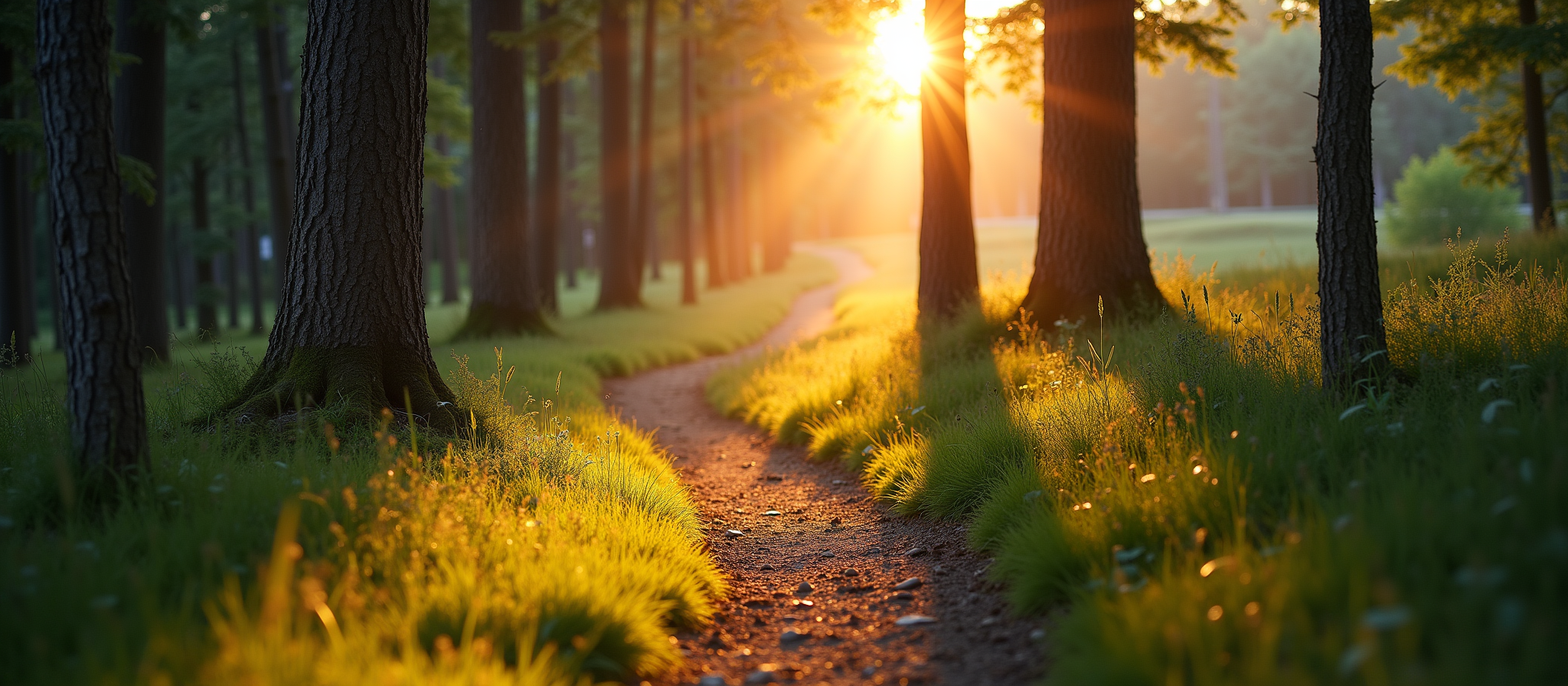

Author Bio
Dr. Donna Poma Fife loves to share her passion for nature, travel, exploration, and adventure. She has traveled throughout her life, across the country and around the world. Her writing is creatively influenced by her life experiences and her travels. She believes in the transformative and healing power of nature, and practices Shinrin-yoku and Thalassotherapy as a complementary therapy to traditional mental healthcare.
Donna Marie is a nurse practitioner with a doctorate degree in nursing and enjoys a career in nursing academia. She has published two medical articles on dermatology diagnoses. She is mom to two amazing adult children and Nonna to one adorable grandson. She has a passion for culturally enriching travels throughout the world.

Watching the Waves
at the Pacific Ocean
Sunset over Heron Lake
New Mexico
Exploration Chronicles

Exploring the Oregon Coast
Above: My son Oscar exploring the rock formations in Depoe Bay
On the left: Cape Perpetua Scenic Lookout. Where the forest meets the ocean.

Ruby Mountains: Nevada

Panamint Springs
It was an unexpected stop for gas, but the experience turned into something unforgettable. As we filled up our tank, we witnessed a plane gracefully land just nearby. The sight was simply breathtaking, adding a touch of adventure to our journey. Moments like remind us that the road holds surprises at every turn.
Nature Therapy
Shinrin-yoku
Shinrin-yoku, a Japanese term that translates to "forest bathing," is the practice of immersing oneself in a natural environment to improve well-being. It is not about hiking or physical exercise, but rather a mindful and sensory experience. By slowing down and engaging with the forest through sight, sound, smell, and touch, practitioners can reduce stress, lower blood pressure, and boost their immune system. The concept, which originated in Japan in the 1980s, has been shown through various studies to promote a sense of calm and mental clarity by helping people disconnect from the demands of modern life and reconnect with nature.
Thalassotherapy
Thalassotherapy is a form of alternative medicine that uses the therapeutic properties of the marine environment for health and wellness. Derived from the Greek words thalassa (sea) and therapeia (treatment), it encompasses a variety of treatments including baths in warmed seawater, the application of marine mud or algae, and even the inhalation of sea air. The practice is based on the idea that human blood plasma and seawater have a similar composition, allowing the body to absorb beneficial minerals and trace elements like magnesium, potassium, and iodine through the skin. Primarily studied for its effects on skin disorders and rheumatic conditions, thalassotherapy is believed to promote circulation, relieve muscle aches, and aid in stress reduction.
Sound Therapy
Sound therapy in nature is a practice that harnesses the inherently soothing qualities of natural soundscapes for well-being. It is a form of passive, yet highly effective, therapy that requires only mindful listening. Unlike the jarring, chaotic noise of urban environments, natural sounds like the rhythmic crash of ocean waves, the gentle rustle of leaves, or the peaceful chirping of birds can reduce stress, lower blood pressure, and improve mood. This is because these sounds are often perceived by our brains as non-threatening and restorative, allowing the mind and body to enter a state of deep relaxation. Simply taking a walk in a forest or sitting by a stream and consciously tuning in to the sounds around you can be a powerful way to reconnect with nature and quiet the mind.
Green Exercise
Green exercise is the practice of engaging in physical activity within a natural environment. It combines the well-documented benefits of exercise with the restorative effects of nature, offering a holistic approach to well-being. Activities can be as simple as walking or running in a park, hiking on a trail, or cycling through a forest. Research has consistently shown that exercising in green spaces can lead to a greater reduction in stress hormones, improved mood, and increased self-esteem compared to similar activities in urban or indoor settings. The combination of fresh air, natural light, and exposure to green landscapes amplifies the positive effects on both mental and physical health.









